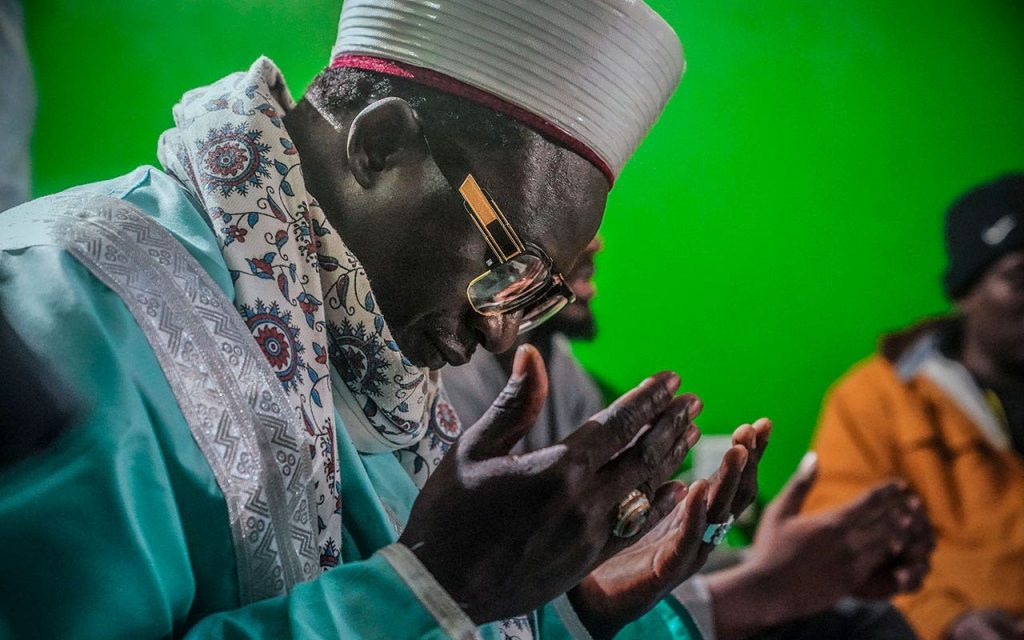New York City is grappling with a surge in migrants, with over 185,000 arrivals since 2022, and is notably having an impact on the city’s Islamic institutions. Mosques in Harlem and the Bronx have become primary destinations for migrants, many of whom are seeking shelter and support during the holy month of Ramadan. For example, a mosque congregation in Harlem hosts traditional iftar meals for hundreds of hungry migrants every night during Ramadan, while an imam in the Bronx has turned his mosque into a makeshift overnight shelter for those in need. As the number of asylum seekers increases, Islamic institutions throughout the city are struggling to meet the needs of the growing migrant population.
Many mosques in New York City are opening their doors to migrants during the day, providing a quiet place to rest and recover for those who may have spent restless nights on the streets or in the subway. The Muslim community is also appealing for donations of money, food, clothing, and other supplies to support the migrants. The assistant imam at Masjid Aqsa-Salam in Harlem expressed the challenges faced by migrants arriving in the city, stating that many are starving and in need of assistance. Imam Omar Niass in the Bronx is providing shelter at great personal expense, with utility bills piling up beyond his ability to pay but emphasizing that he won’t turn away those in need.
The recent surge in migrants has seen over 185,000 asylum seekers arrive in New York City, with an increasing number coming from Muslim-majority African countries. The city’s estimated 275 mosques have been a primary point of support for these new arrivals. However, this reliance on faith-based communities may not be sustainable in the long run. Last summer, Mayor Eric Adams announced a program to provide support for up to 75 mosques, churches, and synagogues to offer overnight shelter to migrants, but progress has been slow. Bishop Matthew Heyd of the Episcopal Diocese of New York highlighted the potential for faith-based institutions to provide additional beds for migrants with the right regulations in place.
The challenges faced by faith-based institutions in supporting migrants include meeting current fire safety standards, as many are housed in older buildings. Despite the willingness of these institutions to help, they are struggling to accommodate the growing number of migrants in need of shelter. Changes have been made to city regulations to address some concerns, ensuring the health and safety of those being sheltered remains a priority. Meanwhile, Imam Omar Niass in the Bronx continues to provide shelter without collecting rent from the migrants, emphasizing their need for support and assistance.
The conditions at the mosque in the Bronx where migrants are being housed are difficult, with men sleeping on the floor and limited facilities available. Despite the challenges, migrants like Malick Thiam express gratitude for the hospitality but also acknowledge the difficulties of living in such conditions. Many are eagerly awaiting the opportunity to find their own place and resume their lives. Similarly, Alphabacar Diallo in Harlem is grateful for the support provided by the mosque but emphasizes the importance of work authorization to move forward. For many migrants, the mosque offers a place of warmth, food, and closeness to their faith during challenging times.


